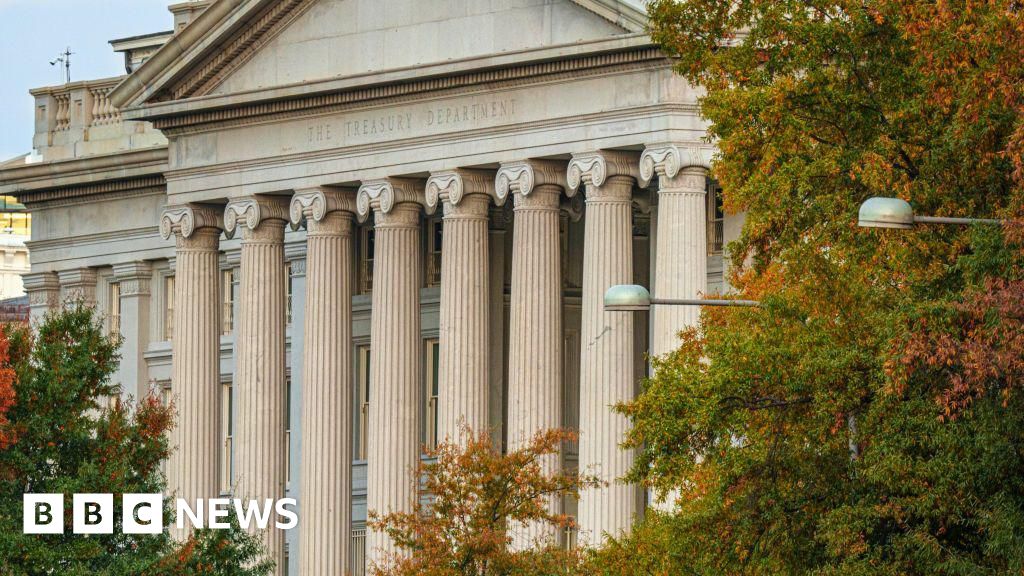CNA Staff, Sep 29, 2024 / 06:00 am
The Archdiocese of Boston broke ground last week on a 19-story affordable housing project in downtown Boston.
The archdiocesan Planning Office for Urban Affairs (POUA) is partnering with the largest day shelter in Massachusetts, St. Francis House, a secular nonprofit that serves about 9,000 individuals annually, to build the residential apartments. Work began on Tuesday, Sept. 24.
The development, located on La Grange Street, is set to include 126 units, about 70 of which will be reserved for people coming out of homelessness. The unit is mixed income, meaning that the shelter will house a variety of middle- and low-income families and individuals.
 A rendering of the affordable housing facility in downtown Boston. Credit: St. Francis House
A rendering of the affordable housing facility in downtown Boston. Credit: St. Francis HouseThe development comes amid an increasing homeless problem in Boston as well as an affordable housing crisis in Massachusetts. The city has seen growing homelessness since 2022 and had a 10.6% increase in the homeless population from 2023 to 2024, according to the annual Homeless Census by the Boston Mayor’s Office of Housing.
Massachusetts, meanwhile, has a rental housing shortage for extremely low-income households, according to the National Low Income Housing Coalition.
“That’s a problem across the board for people that are working-class families, middle-income families; [they] are having a hard time keeping a roof over their heads and providing for their families,” St. Francis House CEO Karen LaFrazia told CNA. “Then it’s almost impossible for anybody who falls into homelessness, that’s extremely low income, to ever find a market-rate apartment.”
“Almost every day, there is an article or story highlighting the high cost of housing, the lack of meaningful affordable rental opportunities, or the zoning restrictions in place that inhibit development, and the impact that each of these has had on individuals, families, and our communities, in Boston especially,” Bill Grogan, the president of POUA, told CNA.
“It has created the moral, humanitarian, and societal crisis that we find ourselves in today,” he said.
“It’s about building on our common humanity and creating opportunities for people to become neighbors,” LaFrazia told CNA. “We live in an increasingly more polarized world and that is creating divisions between people, and one of the best ways to bring people together is to construct opportunities for people whose lives wouldn’t naturally intersect.”
LaFrazia noted that the housing, which will feature 68 studio apartments, 21 one-bedroom units, and 37 two-bedroom units, is high quality and comparable to the housing in the surrounding areas.
Grogan said the joint venture between the archdiocese and St. Francis House “represents a unique partnership between experienced, high-quality nonprofit organizations with long track records of serving at-risk and vulnerable populations.”
The two organizations have worked together before, rehabilitating a historic building in downtown Boston into 46 units of affordable housing as well as St. Francis House offices with resources and support designed to “provide opportunities for homeless individuals,” Grogan noted.
“LaGrange Street builds off of our partnership with St. Francis House, combining our development expertise with their expertise as a service provider,” Grogan said.
St. Francis House was originally founded by the Francsican order at St. Anthony’s Shrine in downtown Boston. It grew into a daytime shelter that provides basic necessities, such as meals, showers, and clothing, as well as support for behavior, health, or medical issues and job search help.
(Story continues below)
Subscribe to our daily newsletter
Though it is a secular organization, LaFrazia said they wanted to work with a group that shared their values, so they are collaborating with the Archdiocese of Boston.
LaFrazia said faith informs her personally in her work.
“Many of us come to this work from a faith perspective, and that is what certainly drives me,” she said. “But we welcome people of all faiths, of all faith traditions. And I think that our welcoming of people of all faiths is in many ways informed by our faith.”
“We look at every human being that we encounter as our brother and sister: They’re somebody’s brother, somebody’s sister, somebody’s mother, somebody’s child. And so we model our work in that way,” LaFrazia continued. “We can take from Matthew 25 that informs us to be able to feed the hungry and clothe the naked, and we do that.”
“People come to us. They may have challenges, but we don’t just see the way they present and stand in judgment,” she continued.
“We see their humanity, and we’re compelled to welcome that person as Christ would into our home, and then to treat them with respect, with dignity, to acknowledge their value as a human being, and then do everything we can to create opportunities for them to be able to thrive and have a quality of life that they deserve.”
 (1).png)
 3 months ago
11
3 months ago
11














